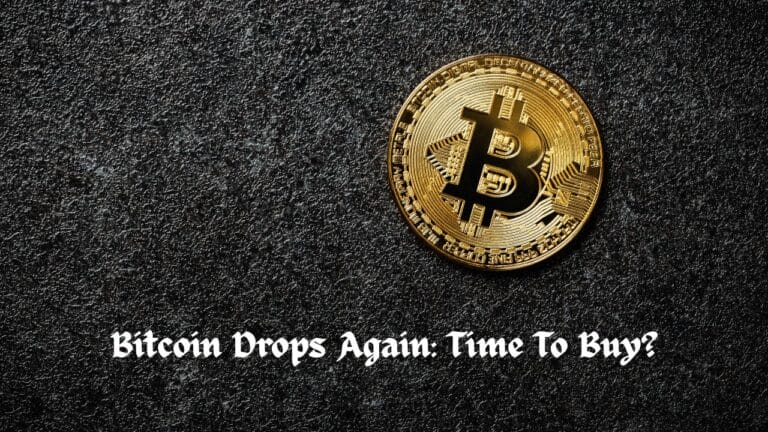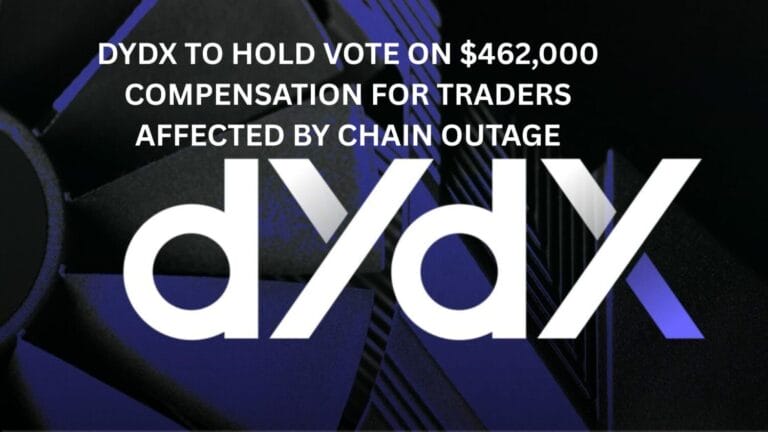Key takeaways:
- A security issue has been discovered on Patricia, necessitating fast action to protect its consumers.
- The company has hired a security firm to perform an audit to increase the platform’s security.
A security issue has been discovered on Patricia, a Nigerian gift card and cryptocurrency trading platform, necessitating fast action to protect its consumers. The site has momentarily stopped allowing fund withdrawals as a precaution.
The company announced it was a victim of a security breach that compromised its Bitcoin and naira assets. In the message it sent to users, it said other cryptocurrencies and customer funds were unaffected by the breach. However, customers cannot withdraw funds from the platform as it is “undergoing internal restructuring.”
Patricia did not specify how many assets were lost in the hack, but she did say that law enforcement had been able to identify one member of the multinational group that was responsible. In order to recover the assets, it promised to keep collaborating with law enforcement and other partners.
Users of the network have resorted to Twitter to voice their displeasure since the platform’s withdrawals have been suspended, claiming problems. However, the business emphasizes that it is constantly working to strengthen the platform’s security protocols.
The specific member of the group was reportedly identified by compromised naira assets, with the majority of the naira assets being tied to that person.
To enhance the security of the platform, the company decided to hire a security company to conduct an audit. Once Patricia Personal, the organization’s affected subsidiary, is given the all-clear to start operations, users will once more be able to make withdrawals of their funds.
Flutterwave, a Nigerian fintech startup, is said to have been taken advantage of in February for around 2.9 billion naira ($6.3 million). Following the hack, the Central Bank of Nigeria (CBN) started to flag bank accounts in an effort to catch the hackers.
The Nigerian government, one of the nations with the greatest interest in cryptocurrencies like Bitcoin, passed a national blockchain policy at the beginning of May. Isa Ali Ibrahim, the minister of communications and the digital economy, handed in a letter that was accepted in response.
In its announcement, the Federal Ministry of Communications and Digital Economy cited a PricewaterhouseCoopers report that the widespread adoption of blockchain technology across various industries could potentially boost the global gross domestic product by $1.76 trillion, or 1.4% of global GDP, by 2030.









